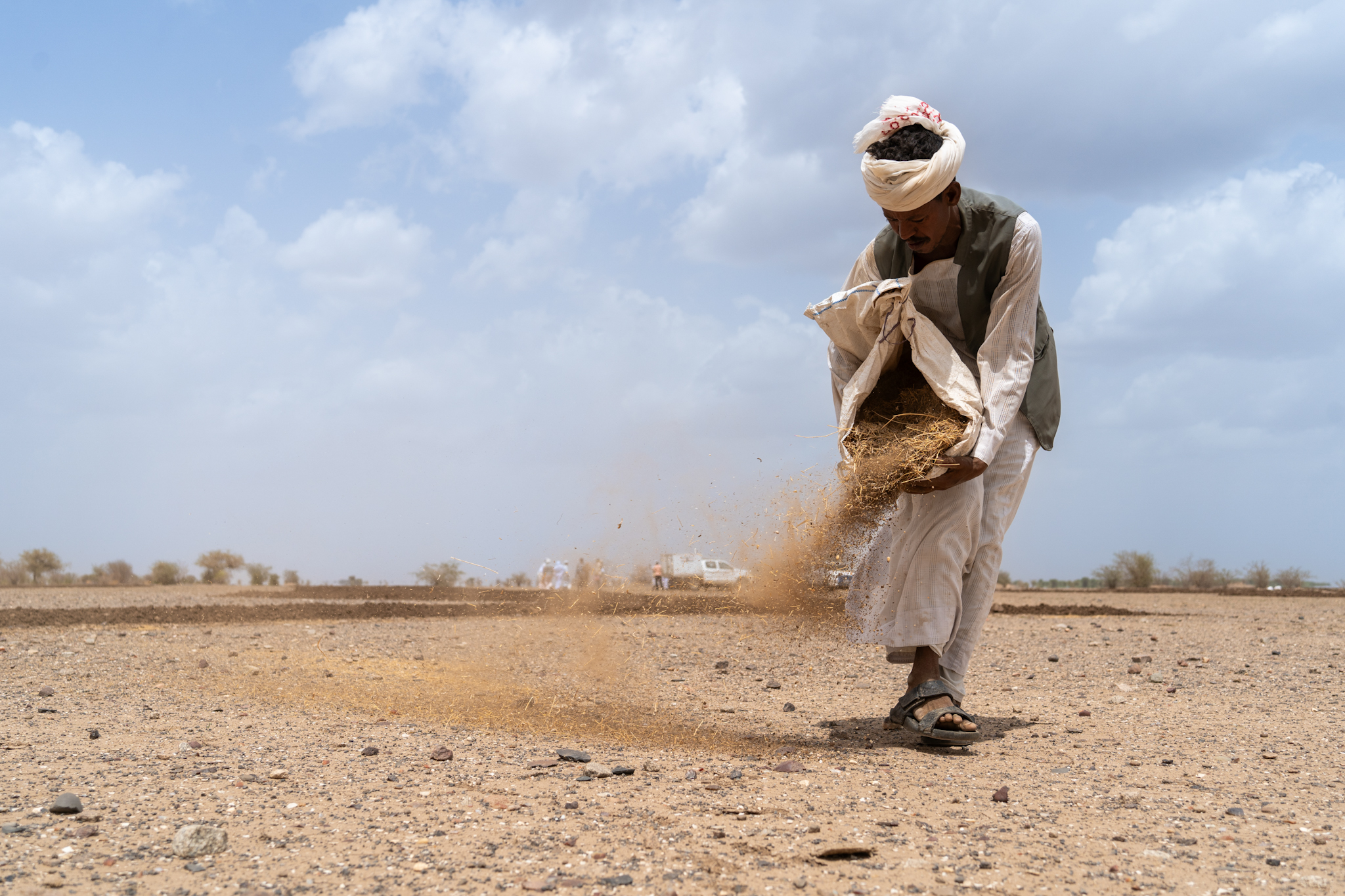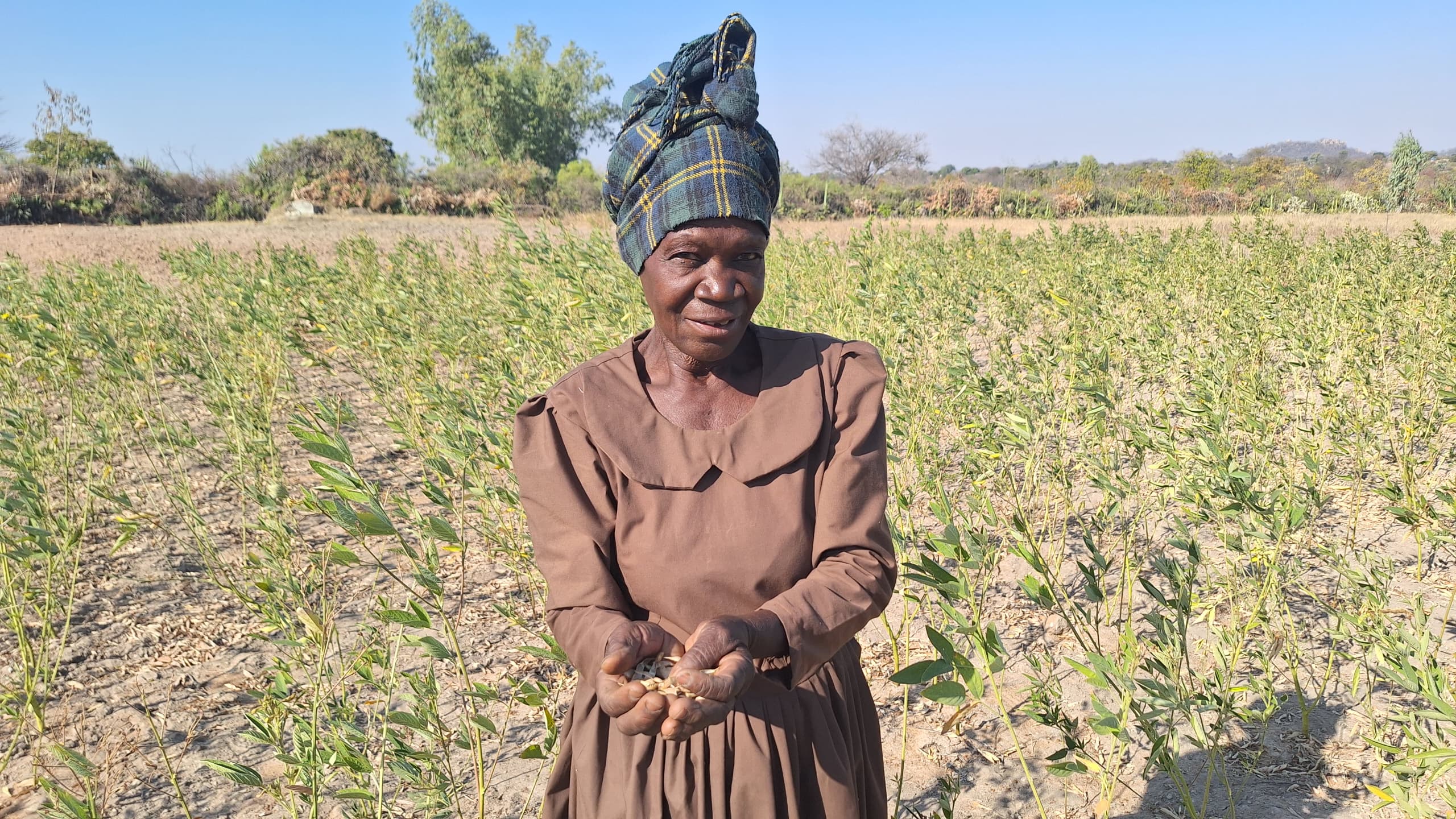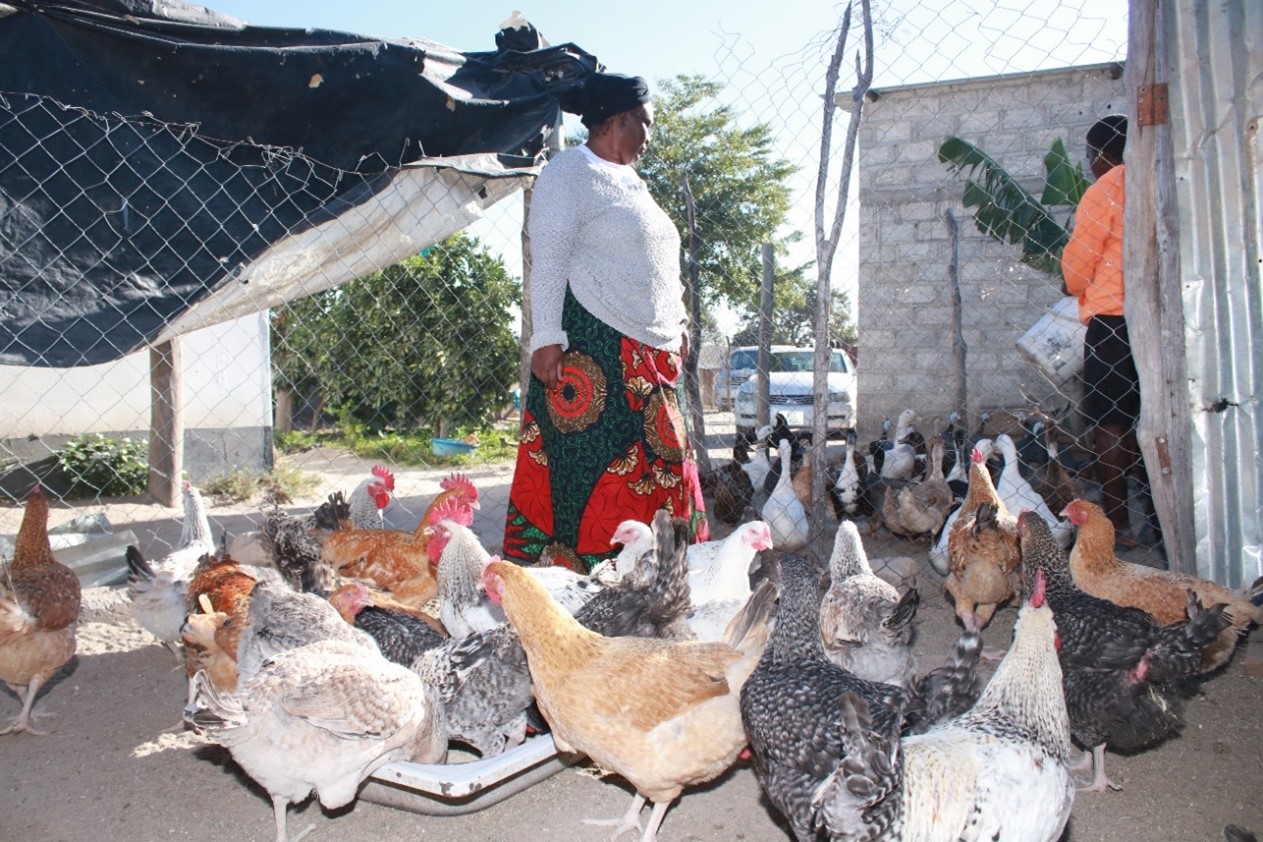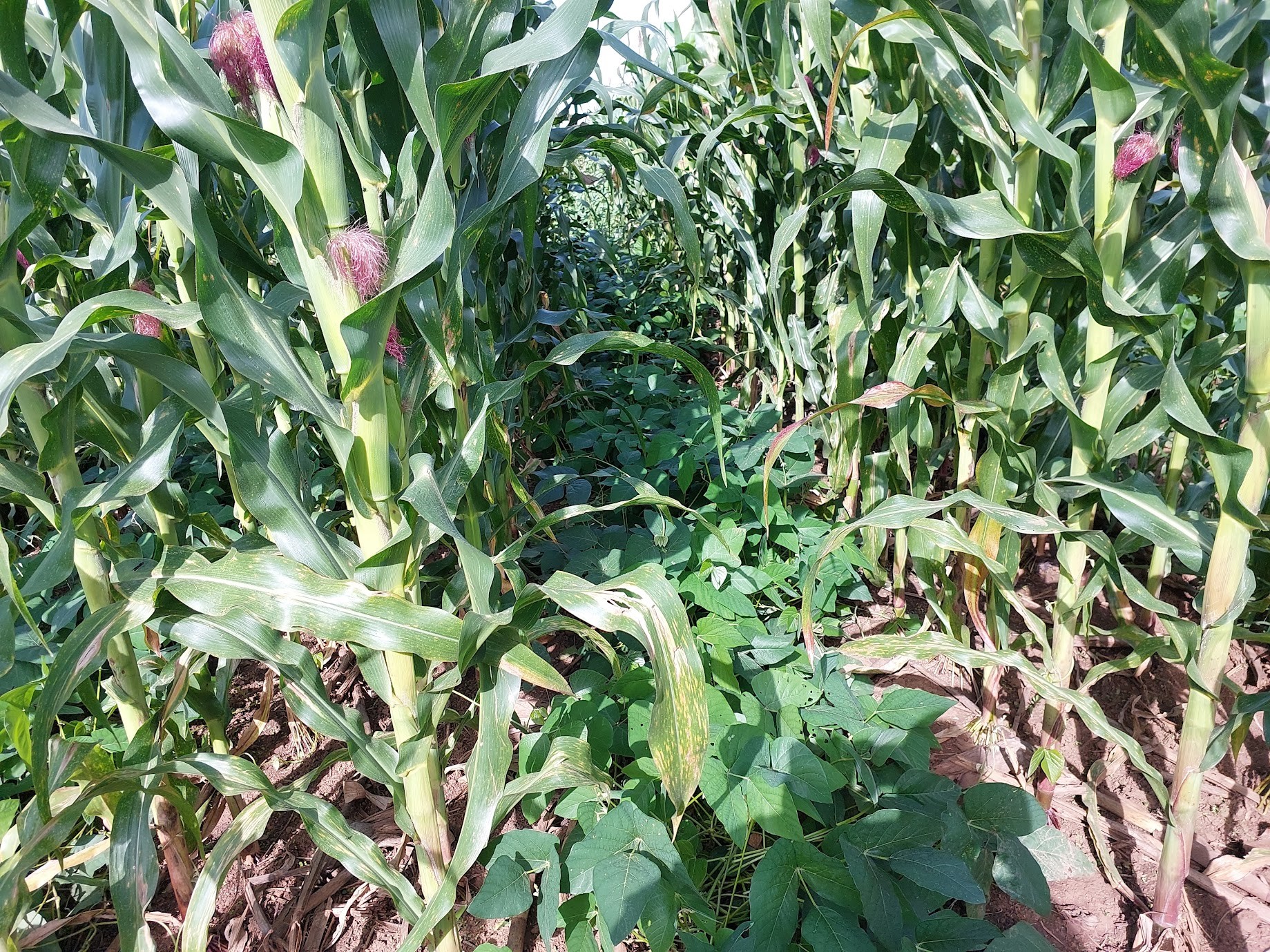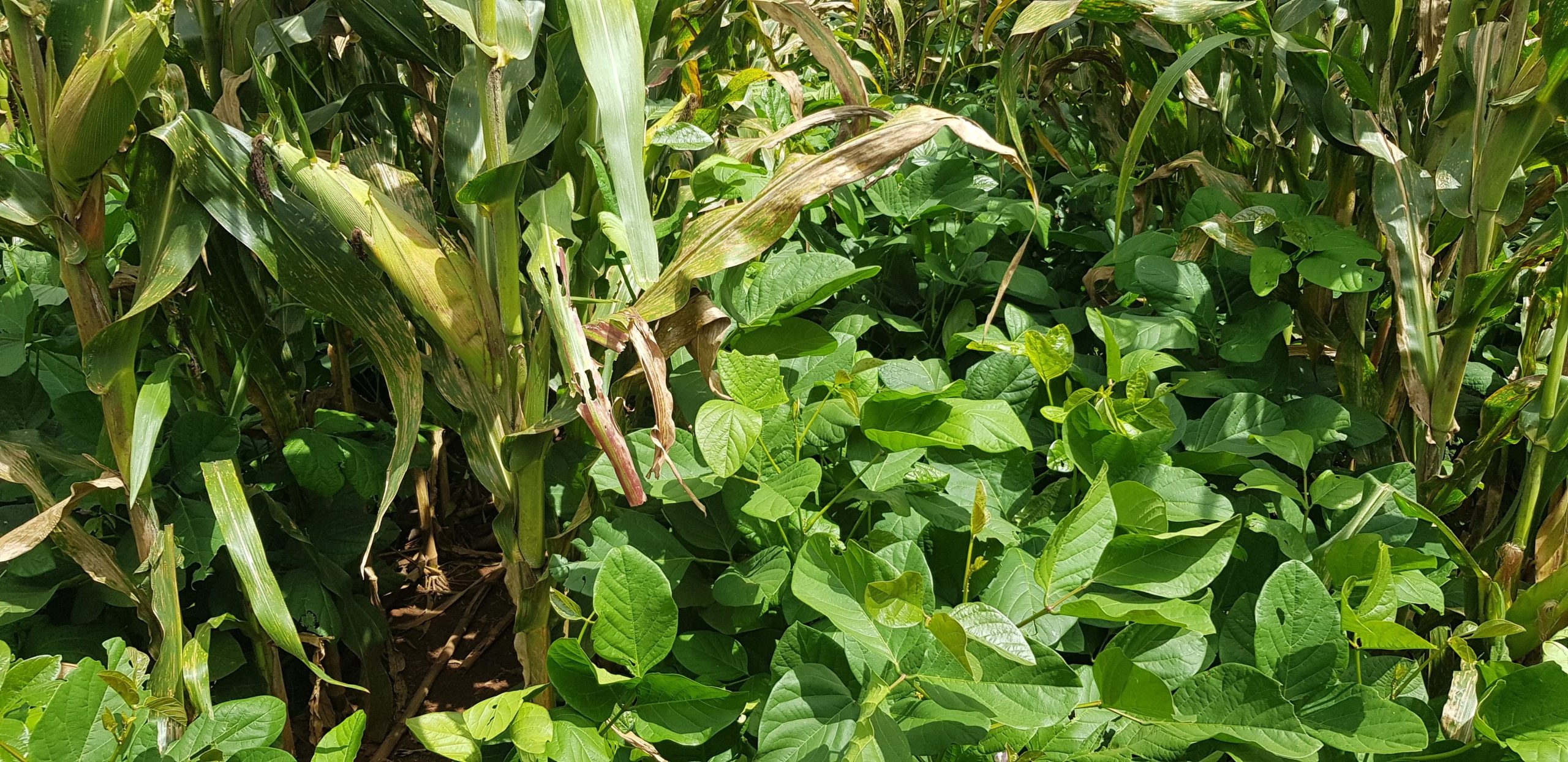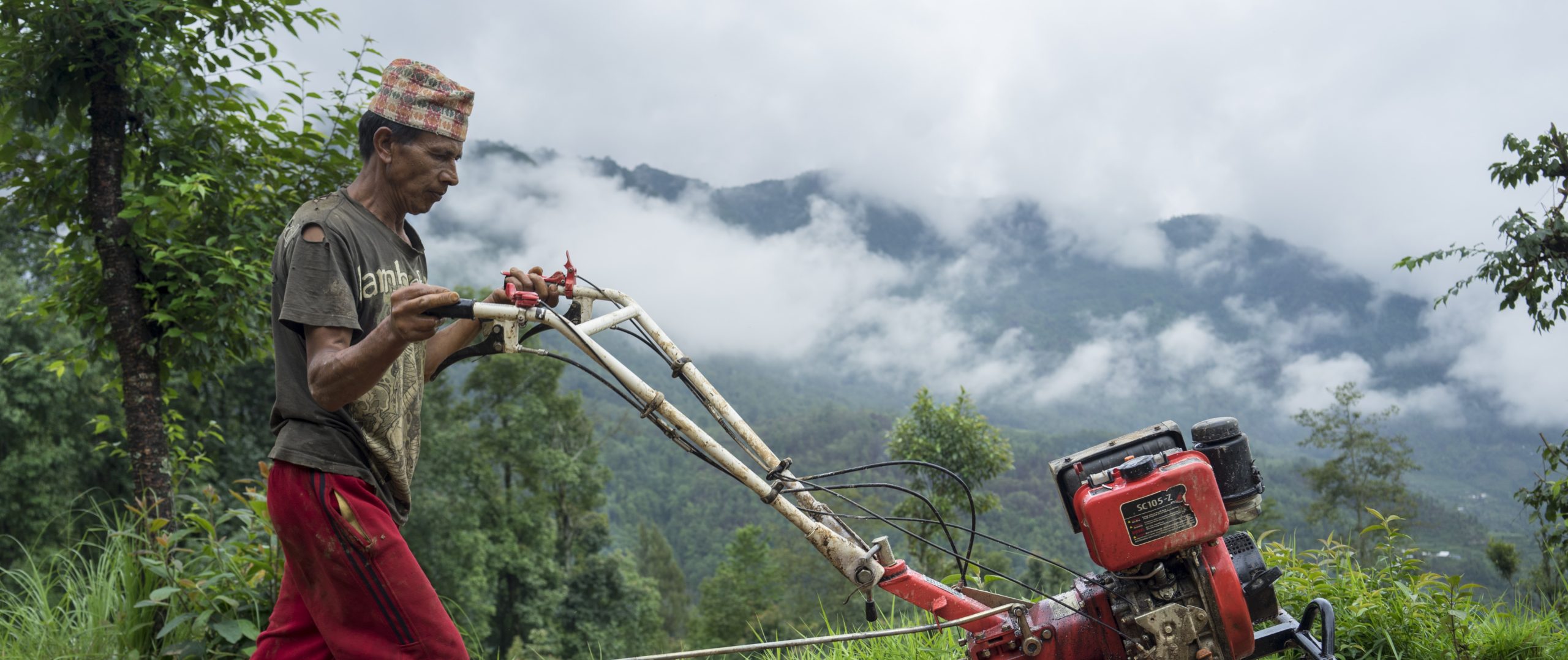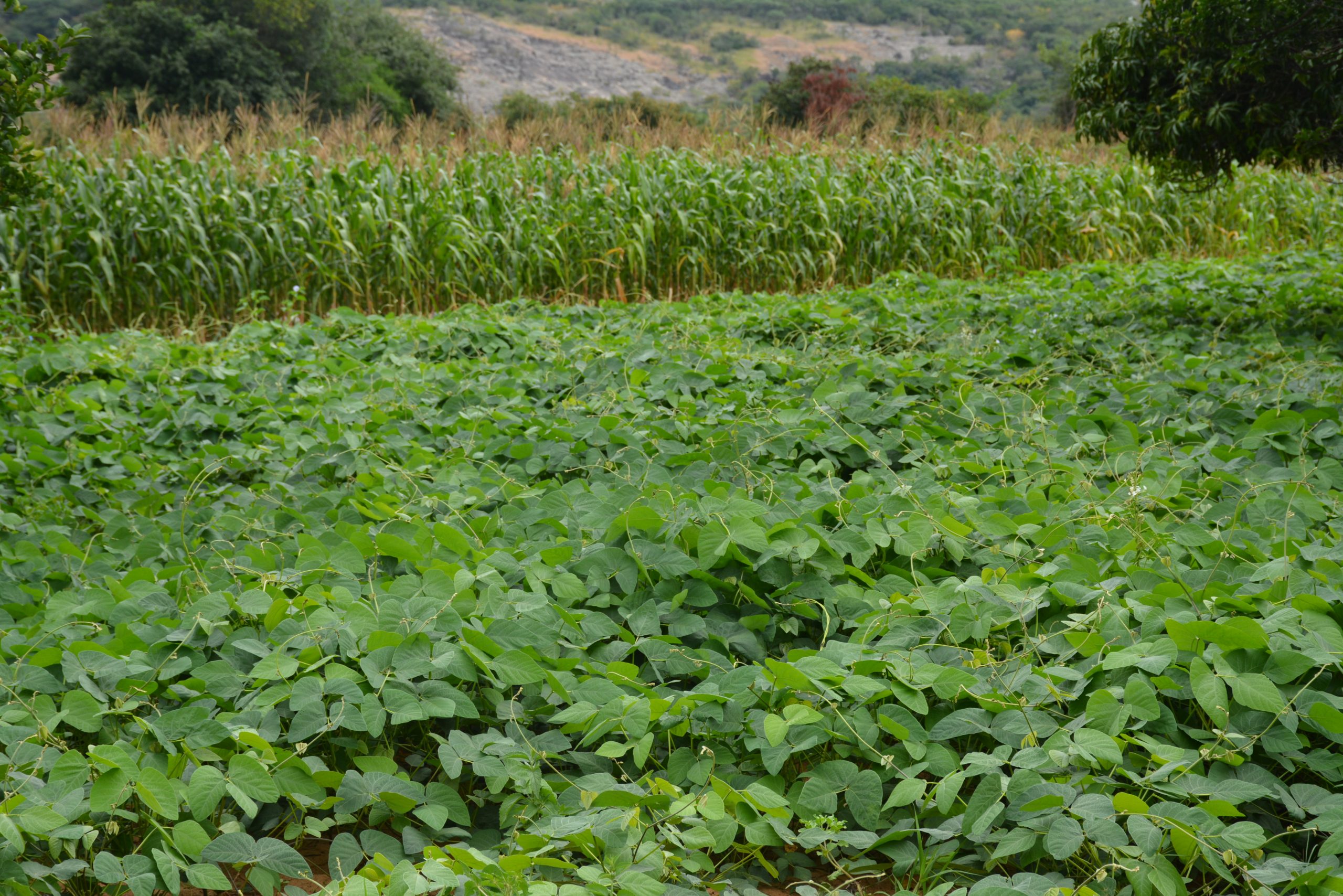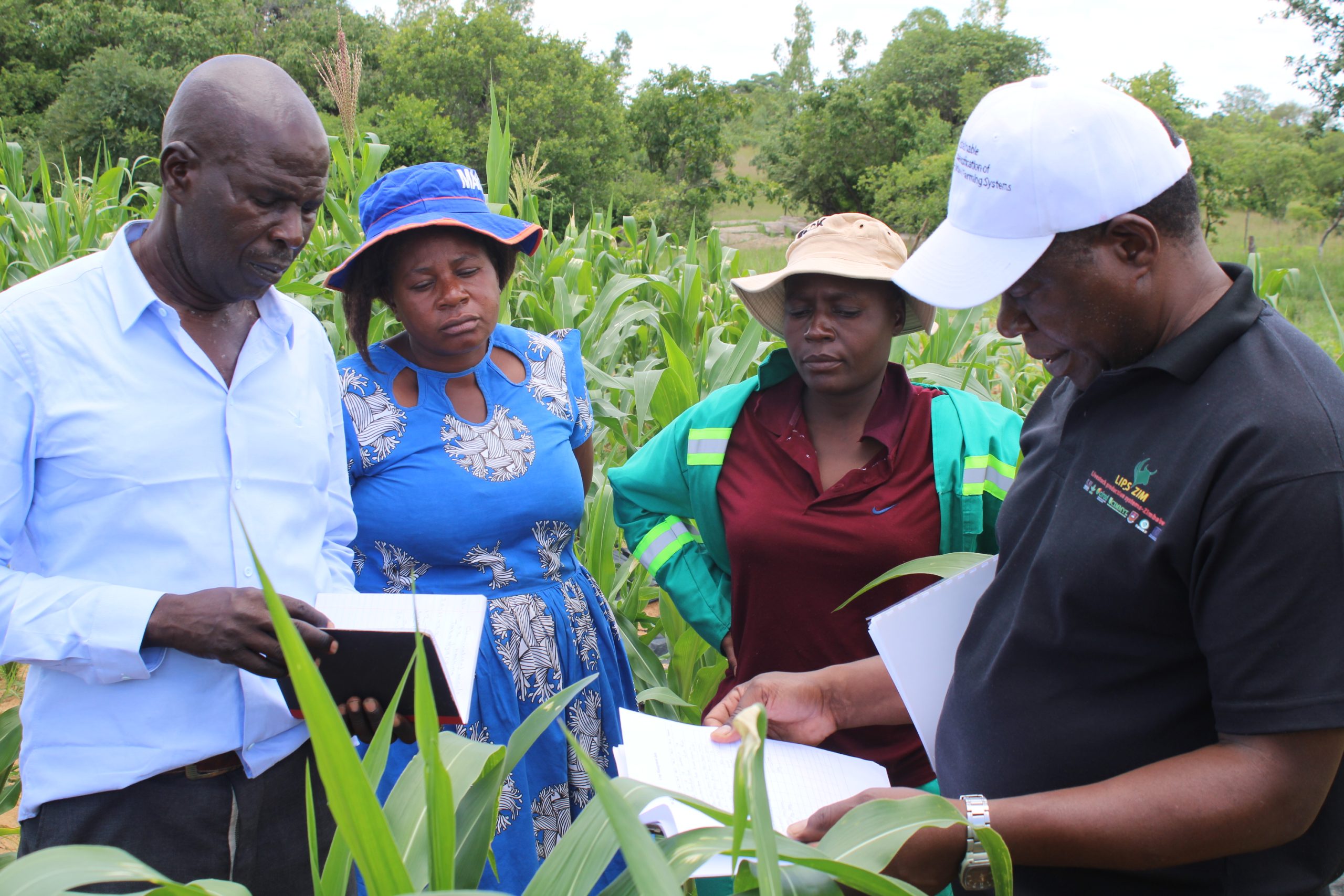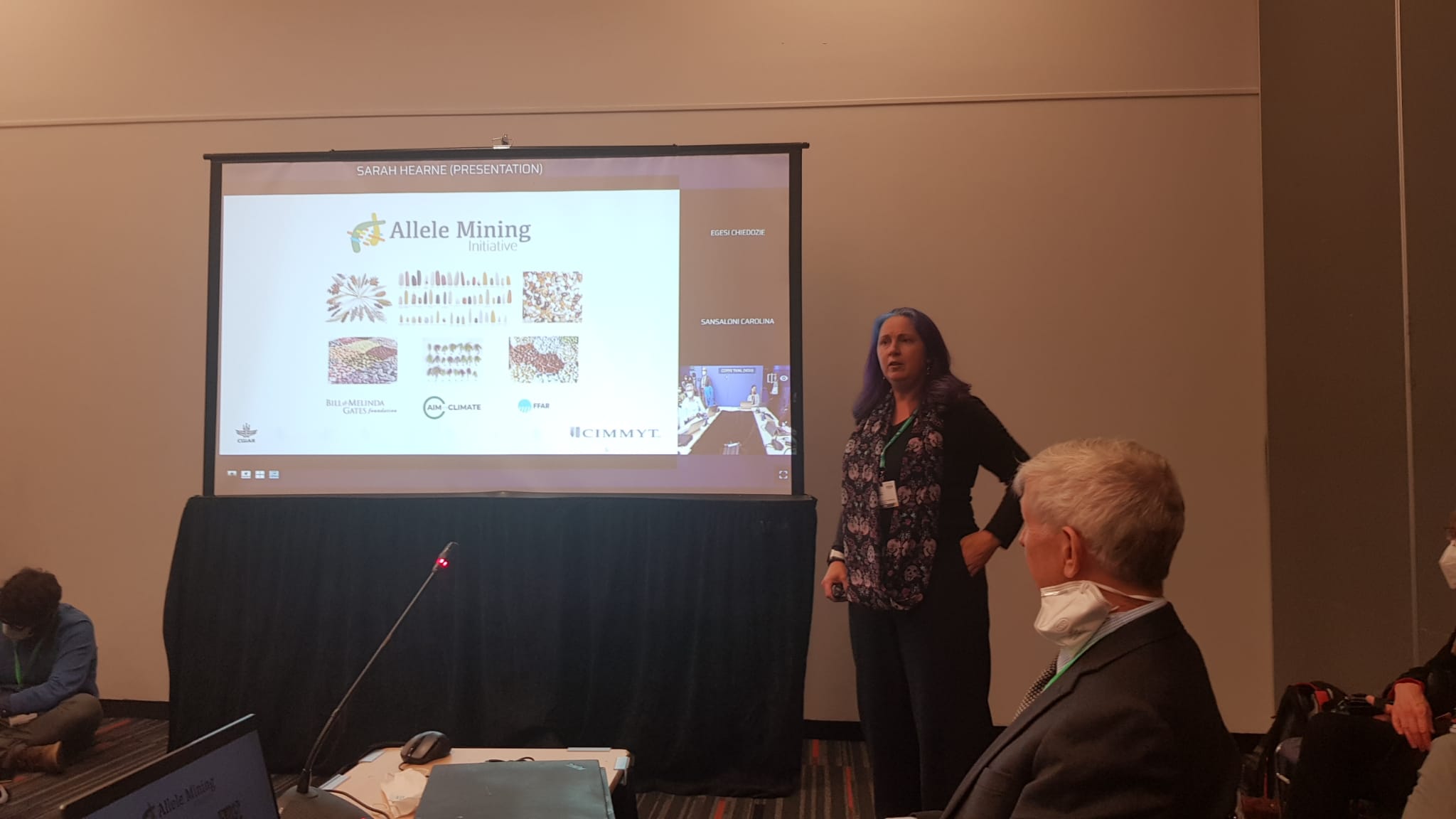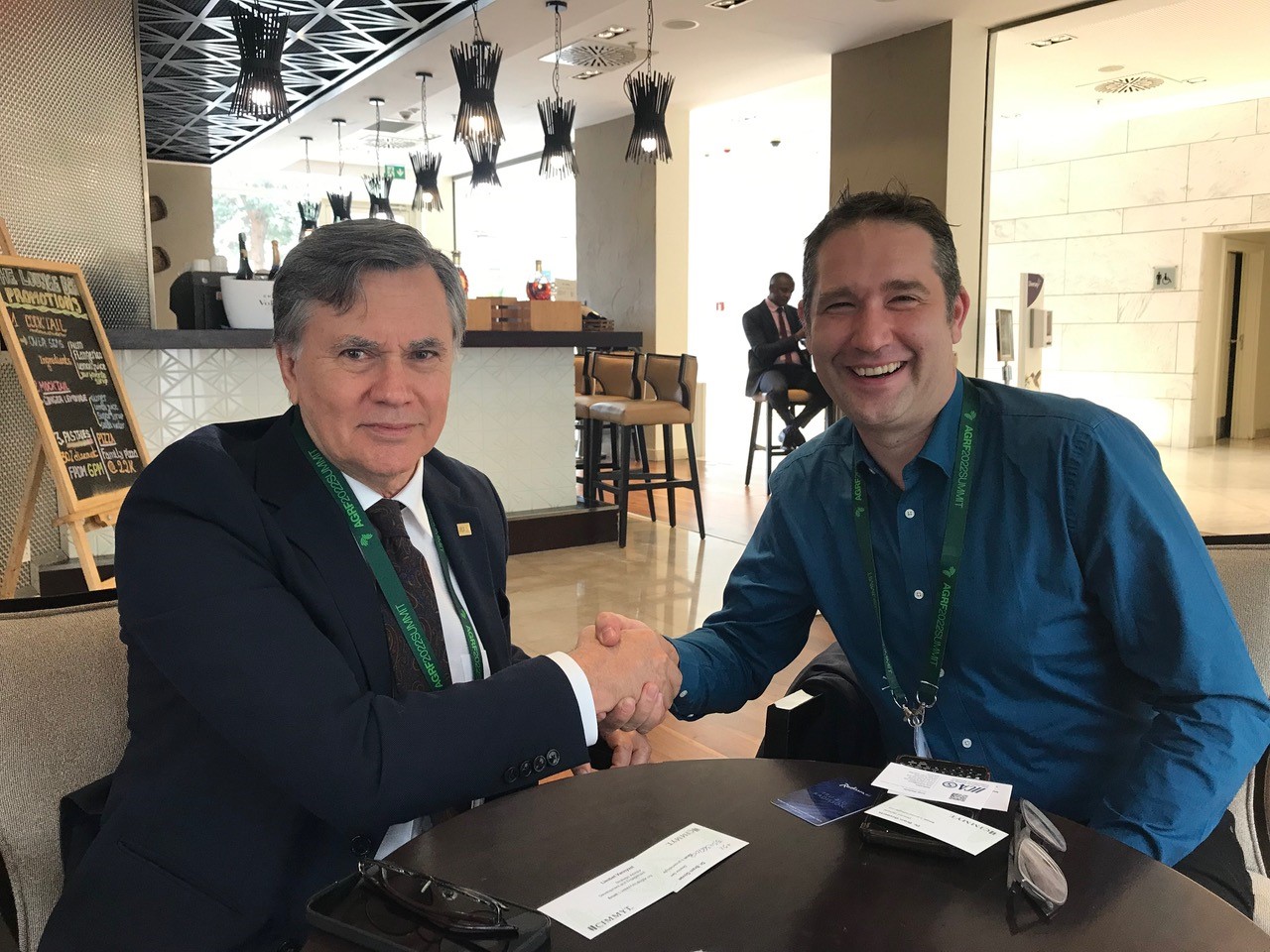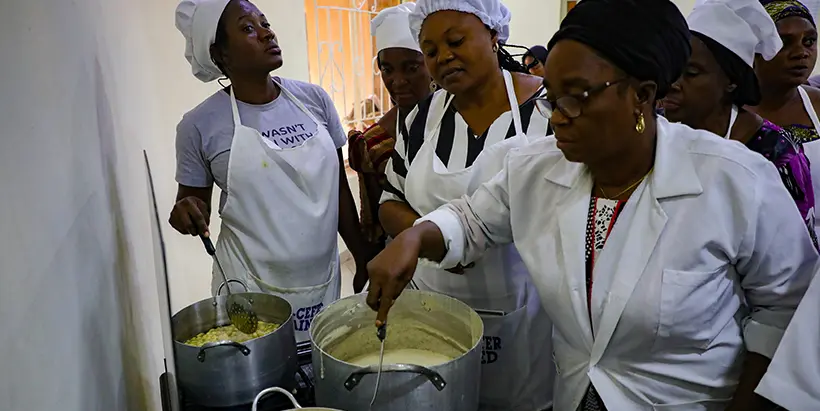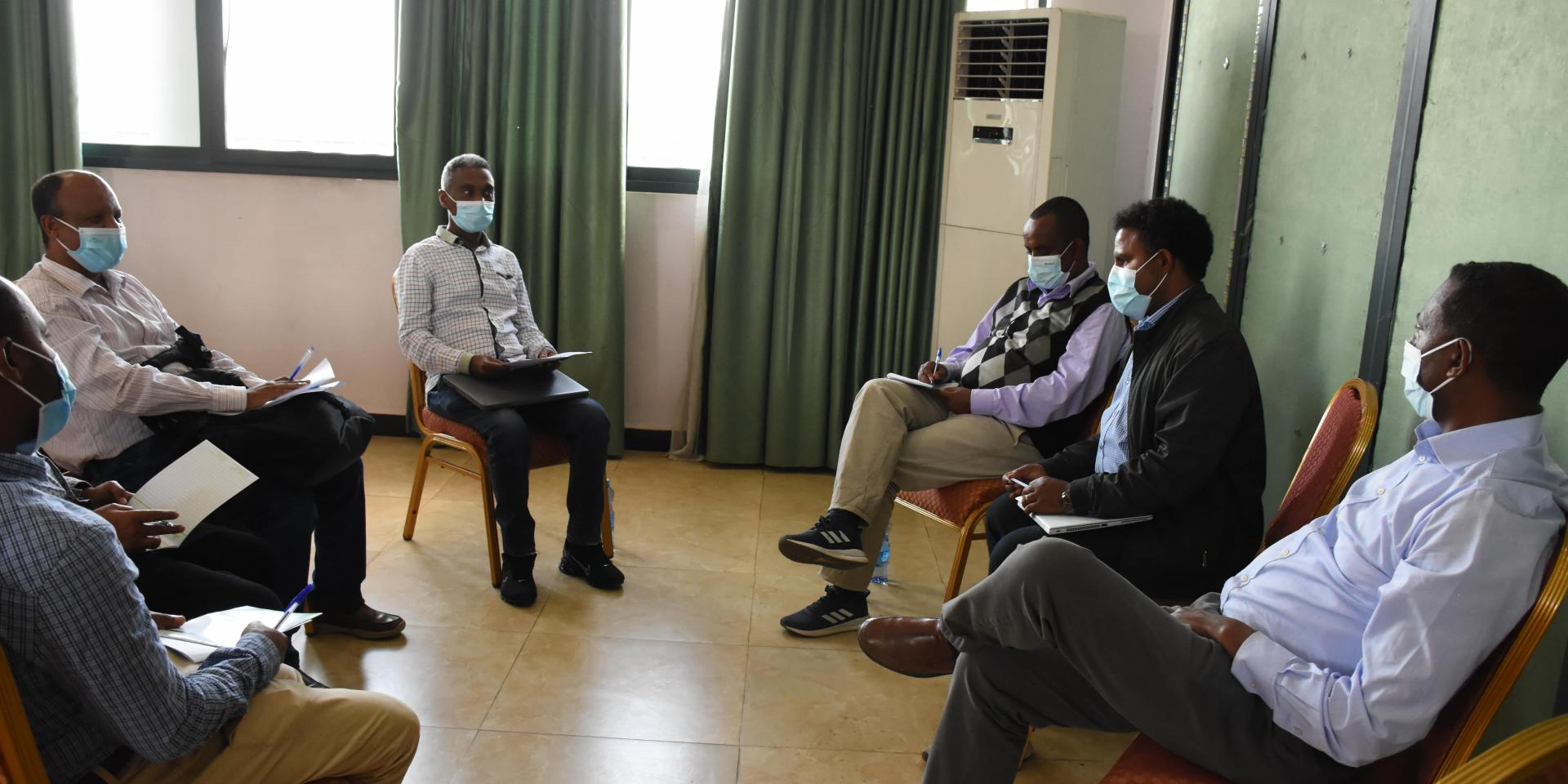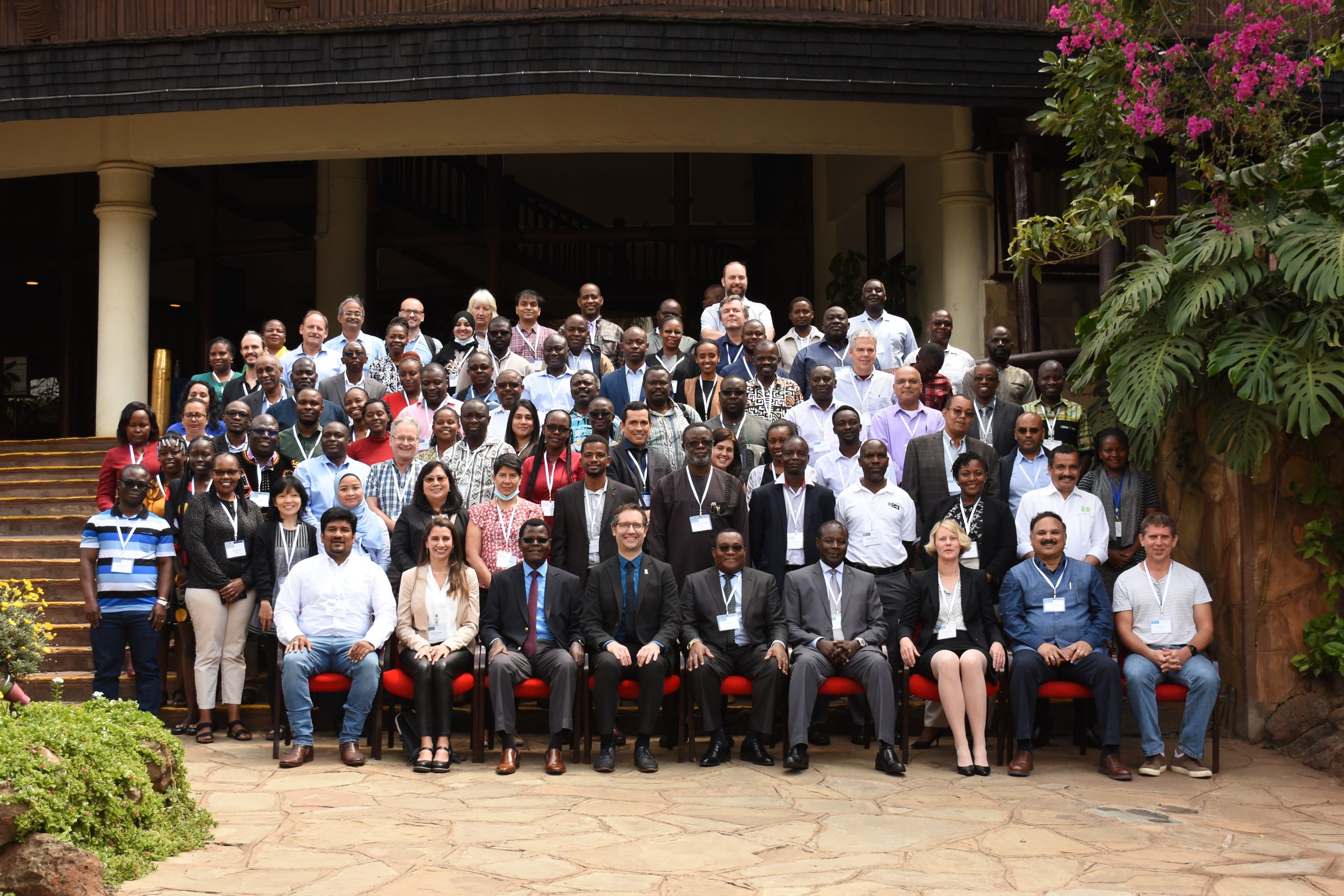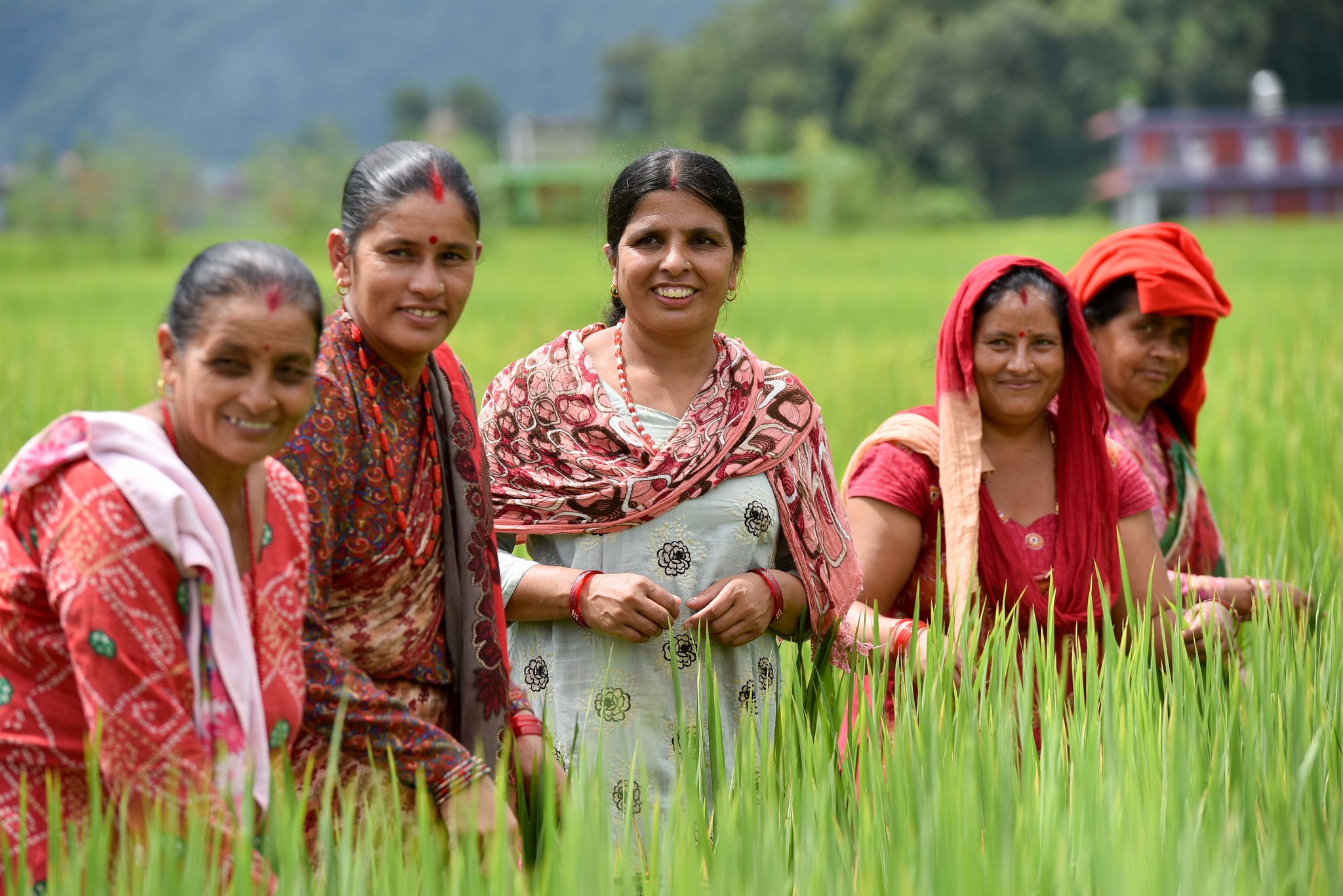International Livestock Research Institute (ILRI)
Helping herders access grazing lands and water sources amid prevailing food insecurity in Sudan
 Climate adaptation and mitigation
Climate adaptation and mitigation
CIMMYT’s Sustainable Agrifood Systems Approach for Sudan (SASAS) program works to ensure that herders have access to rich grazing lands and safe drinking water to improve foraging conditions for their livestock
Scaling fodder innovations to improve livestock productivity in Zimbabwe’s semi-arid regions
 Climate adaptation and mitigation
Climate adaptation and mitigation
The LIPS Zimbabwe project boosts livestock productivity and climate resilience by introducing drought-tolerant fodder crops and mechanization to farmers in semi-arid regions
Rekindling and revitalizing chicken farming in Zambia
 Capacity development
Capacity development
AIDI-L, a two-year project, aims to help 15,000 small scale poultry-keeping households. The project holds promise to revitalize chicken farming in Zambia.
LIPS-Zimbabwe empowers farmers through innovative intercropping trials
 Climate adaptation and mitigation
Climate adaptation and mitigation
LIPS-Zimbabwe has been at the frontline of introducing innovations to farmers in Mutoko and Buhera by integrating intercropping trials.
Global Conference on Sustainable Agricultural Mechanization: efficiency, inclusiveness, and resilience
 Capacity development
Capacity development
CIMMYT continues its dedication to mechanization as part of FAO conference. Bram Govaerts, director general, presented a keynote address.
Accelerating delivery of stress-tolerant, nutritious seed in Eastern and Southern Africa
 Nutrition, health and food security
Nutrition, health and food security
CIMMYT and partners are working to accelerate the delivery of stress-tolerant and nutritious seeds to boost smallholder farmer resilience to drought and pests in Malawi, Tanzania, and Zambia.
Farmers in Buhera gear up for climate-smart agriculture
 Climate adaptation and mitigation
Climate adaptation and mitigation
Water harvesting technology trials give hope to farmers in semi-arid regions of Zimbabwe.
The importance of germplasm in protecting nature
 Climate adaptation and mitigation
Climate adaptation and mitigation
At COP15, CIMMYT scientists highlighted the significance of DSI in conserving, exploring, and utilizing biodiversity as part of efforts to sustainably nourish the global population in a nature positive manner.
Agriculture for Peace platform launches at Borlaug Dialogue
 Nutrition, health and food security
Nutrition, health and food security
Seven founding partners introduced Ag4Peace, a new initiative that aims to build resilient food systems and improve livelihoods and diets in low- and middle-income countries.
New WIRES initiatives to advance women’s careers in science and research
 Gender equality, youth and social inclusion
Gender equality, youth and social inclusion
The CGIAR Women in Research and Science (WIRES) employee-led resource group recently had a virtual engagement to discuss the progress and new happenings in the group.
In Ethiopia, local challenges inform national action for climate-smart agriculture
 Climate adaptation and mitigation
Climate adaptation and mitigation
There is no universal model for successfully delivering climate-smart agriculture. But the AICCRA experience in Ethiopia shows how engaging changemakers can reveal effective, inclusive, and localized ways to make farming communities more resilient to climate change.
CGIAR Plant Health Initiative formally launched on the International Day of Plant Health
 Gender equality, youth and social inclusion
Gender equality, youth and social inclusion
The Initiative targets a broad range of pests and diseases affecting cereals, legumes, potato, sweet potato, cassava, banana and other vegetables.
Accelerating Impacts of CGIAR Climate Research for Africa (AICCRA)
 Climate adaptation and mitigation
Climate adaptation and mitigation
From diagnosis to action on social equity
 Gender equality, youth and social inclusion
Gender equality, youth and social inclusion
Building on impact of GENNOVATE, scientists recommend integrating gender-transformative research and methodologies into the new CGIAR Initiatives.
